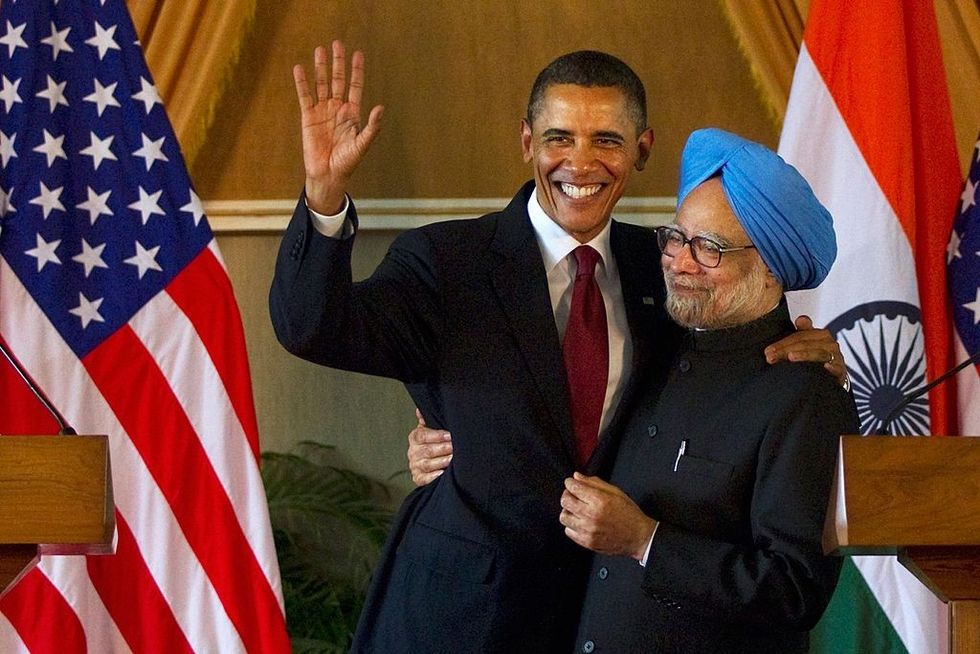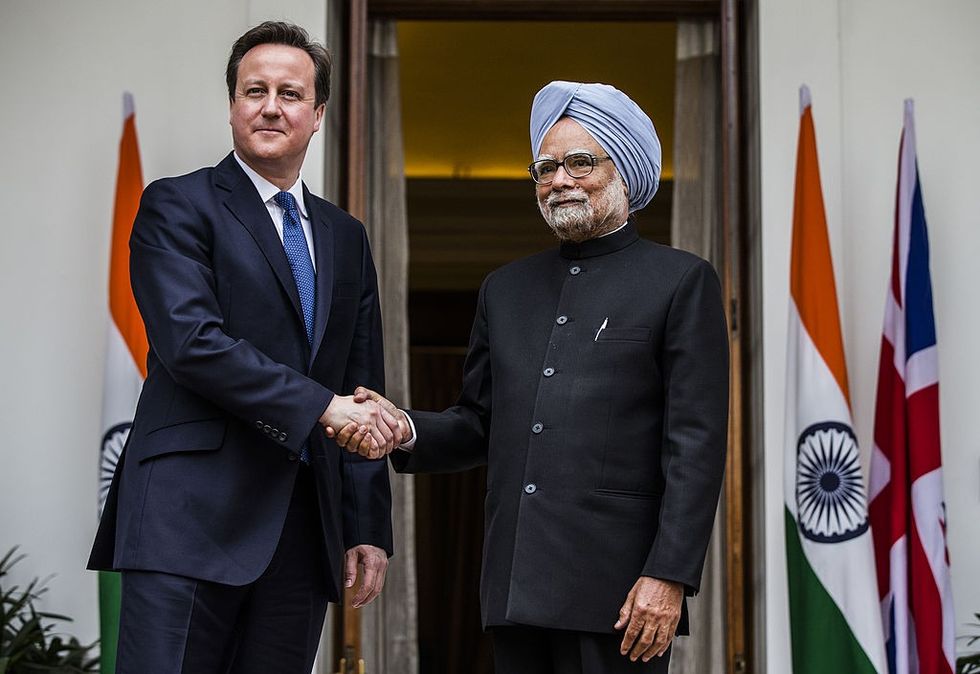STATUES of Mahatma Gandhi, Virginia Woolf are said to be included in a council review of how to make its monuments more “inclusive”, The Times reported.
- The other statues in the Labour-controlled Camden review are of Karl Marx and Matthew Flinders, the colonial explorer of Australia.
- The bronze bust outside Woolf’s former home in Bloomsbury, north London, will be assessed by the council, which is trying to address links to racism, slavery and imperialism, the report added.
- According to the report, results from the review of the memorial to Woolf — claimed by some to have held racist views — will go into a project to ensure an “accurate, thorough and inclusive” approach to monuments.
“These plans to rewrite hundreds of years of history are being cooked up behind closed doors without discussion. If these decisions are being made for public benefit, they must have public consent and involvement, and with political consensus," Oliver Cooper, leader of the Camden Conservatives, was quoted as saying by The Times.
Woolf’s novels include Mrs Dalloway, To the Lighthouse and Orlando. Her works have been translated into more than 50 languages and she is commemorated on statues, including the bust in Tavistock Square and a building at the University of London. She killed herself in 1941.
The Times report said that some extracts from Woolf’s work have been criticised for the use of racial epithets and her diaries include remarks labelled as racist. She dressed in “blackface” in 1910 as part of a elaborate prank by the artists and writers known as the Bloomsbury Group.
Ilona Bell, an American academic who wrote a biographical essay on Woolf and who has taught her novels at Williams College, Massachusetts, told The Times: “Having lost her mother and been sexually abused during adolescence, Virginia Woolf could have defined herself as a victim.
“Instead, she wrote some of the most brilliant, experimental novels and bold, path-breaking feminist critiques of the 20th century. Nothing she may have said or done, off the record, in her private life or journals can or should detract from the enormous impact she has had and continues to have.”
The report added that Camden council’s audit eventually may result in QR codes being attached to monuments so that people can scan them with their phones and be told about the potentially fraught legacies of the people the statues represent.
“We want to help our communities and visitors to develop a greater understanding of statues and memorials in Camden," a spokesman for the council was quoted as saying by the newspaper.


















 Former US president Barack Obama (L) with Manmohan Singh (Photo by Daniel Berehulak/Getty Images)
Former US president Barack Obama (L) with Manmohan Singh (Photo by Daniel Berehulak/Getty Images) David Cameron shakes hands with Manmohan Singh
David Cameron shakes hands with Manmohan Singh 

Ten million stories of migration to Britain